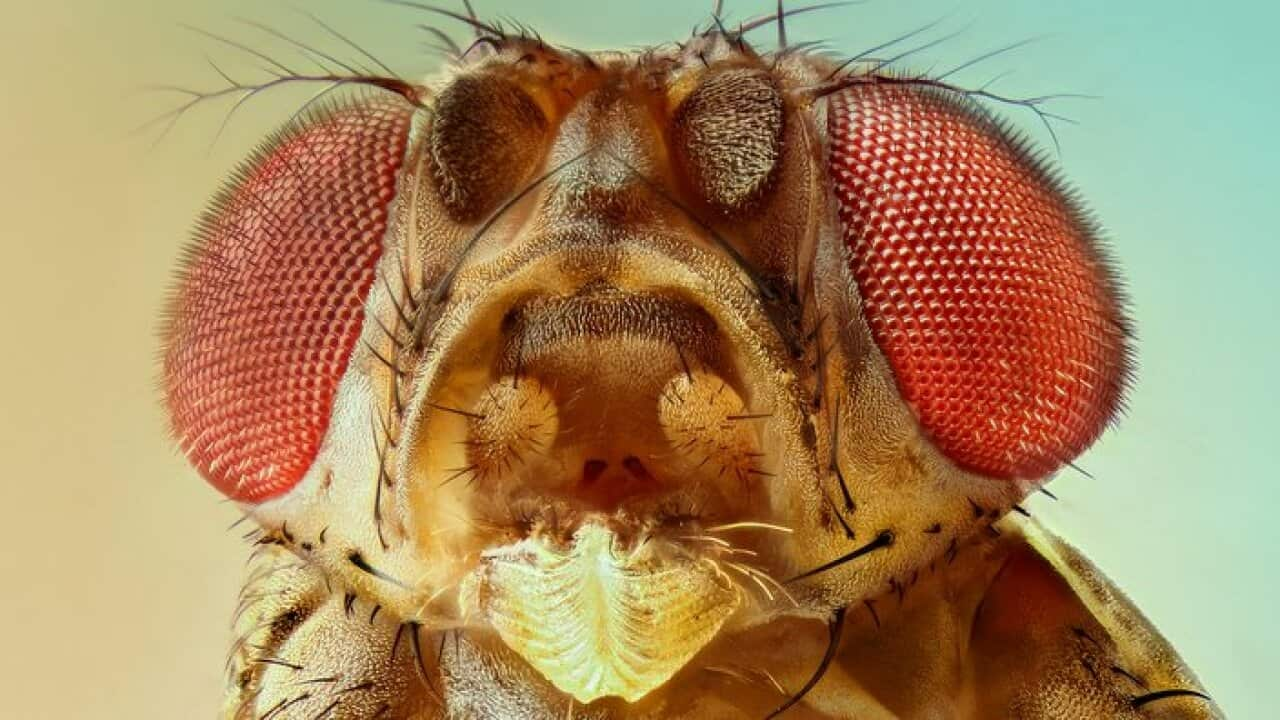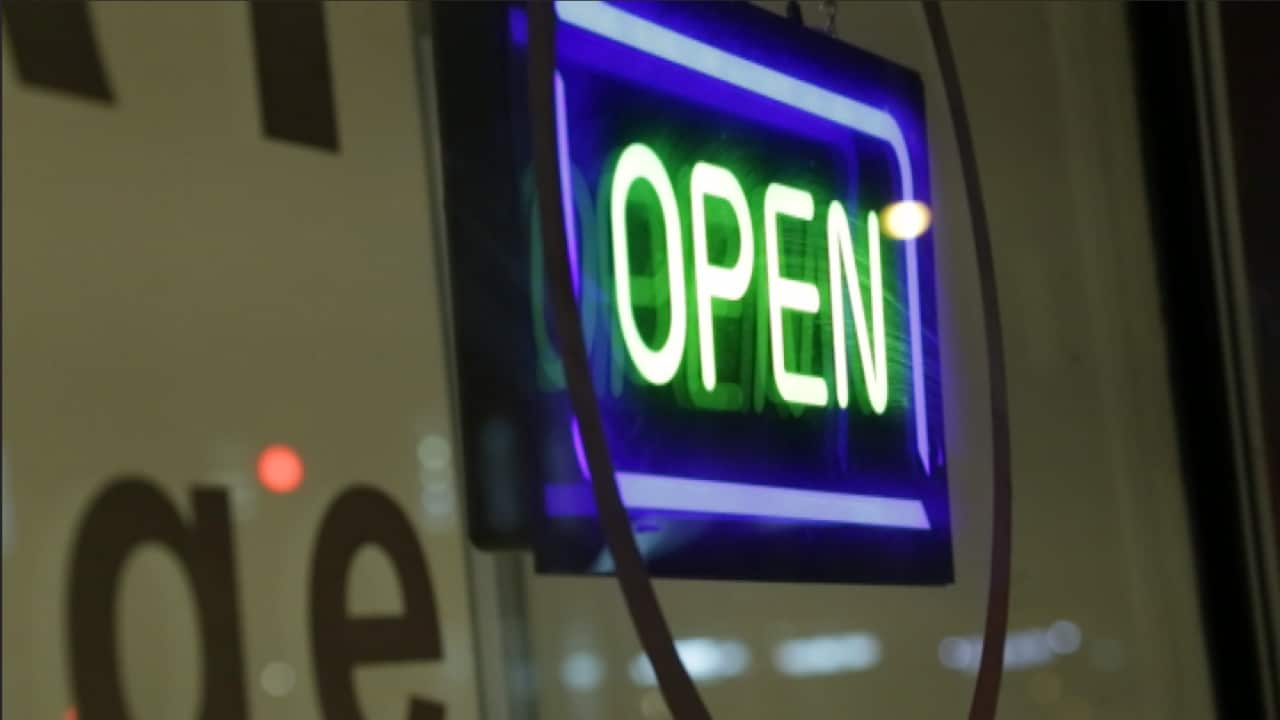Click (▶) above to listen to our full interview with Nico Padovan
It’s a feeling familiar to many — the quiet anxiety of passing through Australian customs and border security. Is everything in your suitcase OK to enter the country? Will those rare Thai Ok Rong mangoes make it through?
According to Nico Padovan, head of Biosecurity Operations at the Department of Agriculture and Water Resources, the best thing to do — both for your back pocket and Australia’s biosecurity — is to declare any item you have doubts about.
“The fines [for bringing in prohibited items] start from $420 and go up to hundreds of thousands of dollars plus prison terms of up to 10 years,” he says.
Past the problem of a massive fine or mango-less sticky rice, Australia’s unique eco-system and agriculture industries could be severely damaged by foreign pests and diseases.
Here are the top five things that shouldn’t be brought into Australia, and the reasons why you should think twice before packing them.
1. Fruits and vegetables
Foreign fruit and vegetables could carry a wide variety of pests, but exotic fruit fly poses the biggest threat.
As vast areas of Australia are still fruit fly-free, our very own fruit and veg industries are at risk from the fly.
“The first to bear the brunt would be our $500 million-a-year apple industry, along with the horticultural industry as a whole which currently generates $9 billion of revenue per year,” says Padovan.
2. Meat
Meat products, especially meat that has not been commercially processed or packaged, also pose a big risk to Australian livestock and native fauna. Pathogens such as foot and mouth disease could do substantial damage to industry.
“If this disease were to break out in Australia, we estimate an impact conservatively at around $50 billion over a 10 year period,” says Padovan.

Handler Jayson Mesman guides sniffer dog Floyd through the carousel at the Australian Federal Police dog training centre near Canberra, Monday, July 12, 2010. (AAP Image/Alan Porritt) Source: AAP Image/Alan Porritt
3. Live plants/plant material
Living plant material — including plant cuttings and budwood — is a potential vector for parasites and diseases that could devastate native Australian flora, and our agricultural industry as a whole.
“At the top of our list is a particular pathogen called Xylella fastidiosa,” Padovan says of the bacterial disease that threatens the Australian wine industry. “[It is] an industry that generates $4 billion per year,” he says, not to mention being a source of pride and joy for many.
4. Seeds
Alongside living plant material, foreign seeds also carry a wide range of potential pathogens.
Karnal bunt is one such fungal disease, as it poses an extreme risk to Australian crops. If it were to spread in Australia, grain crops such as wheat would likely be devastated by the effect.
There is, however, a formal processing facility for bringing seeds into the country for production or personal use.
“If you want to bring seeds in, there’s a process for bringing them in and growing them out and making sure that there’s no biosecurity-risk,” says Padovan.

Melbourne airport biosecurity compliance (Supplied by the Department of Agriculture and Water Resources) Source: Department of Agriculture and Water Resources
5. Soil/items with soil attached
You might not expect it, but soil from around the world can carry all kinds of nasties, including plant material and seeds, but also insects, bacteria or viruses.
That soil often makes it into Australia on items such as footwear, bicycles, fishing and outdoor equipment, so it’s best to clean those items before heading to Australia.
“We do have means of cleaning [your items] at the border, but generally that will come at a cost,” says Padovan.
Declare, declare, declare
It’s a big job monitoring what makes it across Australia’s 60,000km border but an important one to protect Australia’s biosecurity, unique wildlife and agricultural industries.
Outside of the major categories of items listed here, Padovan recommends that those entering or mailing materials to Australia , or check with the department's information hotline on 1800 1900 090 whether those items are permitted.
As he says: “It is best to check beforehand rather than be disappointed at the border when the items get confiscated or destroyed.”









